Tanzania Coffee Board & Coffee Auction
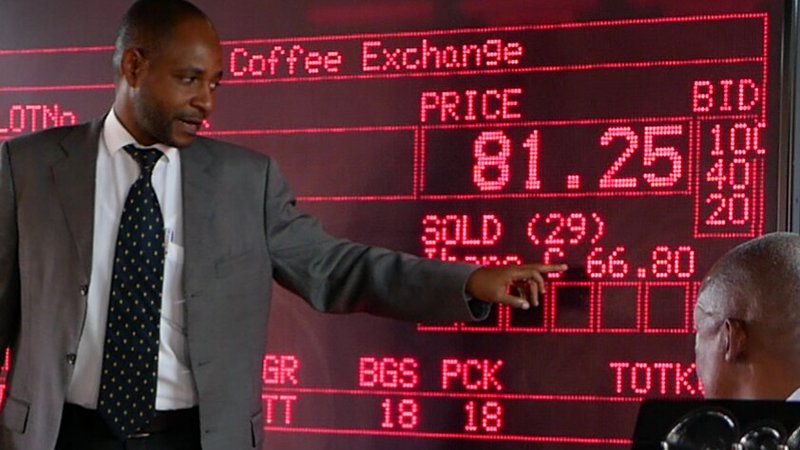
On our approach to the Kilimanjaro, we're reaching one of the most important and historic coffee producing region.
We're arriving in Moshi, a medium size city which can be considered as the capital of the coffee.
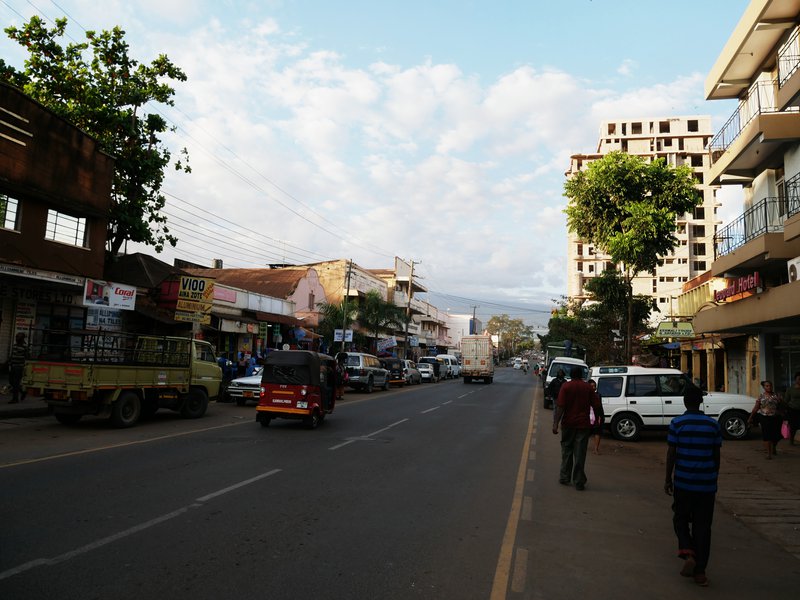
It is indeed the headquarters of the Tanzania Coffee Board (TCB).
The Tanzania Coffee Board is a government organ whose main function is to regulate the coffee industry in Tanzania and advise the Government on all matters related to the growing, processing and marketing of coffee at national and international level.
It controls and regulates the coffee sector in Tanzania, providing licenses for all the activities related with coffee business (dry cherry coffee buyers, parchment coffee buyers, coffee processing, coffee warehousing, green coffee export, direct export etc...) and collecting taxes for all the corresponding activities.
It is also in charge to organize the weekly coffee auctions in Moshi, to collect the payment of the buyers and to transfer it to corresponding cooperatives.
Auction
Coffee Auction takes place every Thursday from August to May.
All the coffee destinated to export is offered here. Buyers need to have a license to participate and bid on the coffees they want.
Before attending the auctions, we are received by the current acting director of the TCB - Mr. Kimaryo. After explaining us the purposes of our projects, we're discussing about the current state of the coffee market in Tanzania and over the world, sharing our opinions and concerns.
Mr Kimaryo then invites us to attend the auctions that will start at 10:30
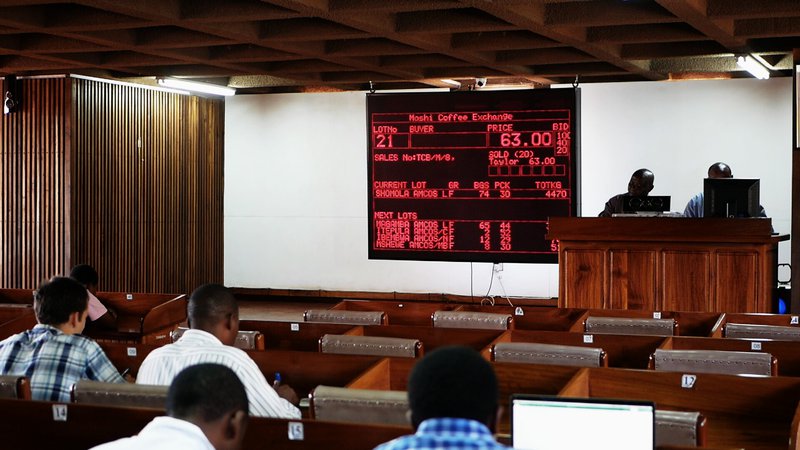
This day, the room is not full but we can observe the routine of the bidding. Each buyer taking notes on its catalogue and bidding (scales of 20 cents, 40 cents or 1US$) according to the interest they have.
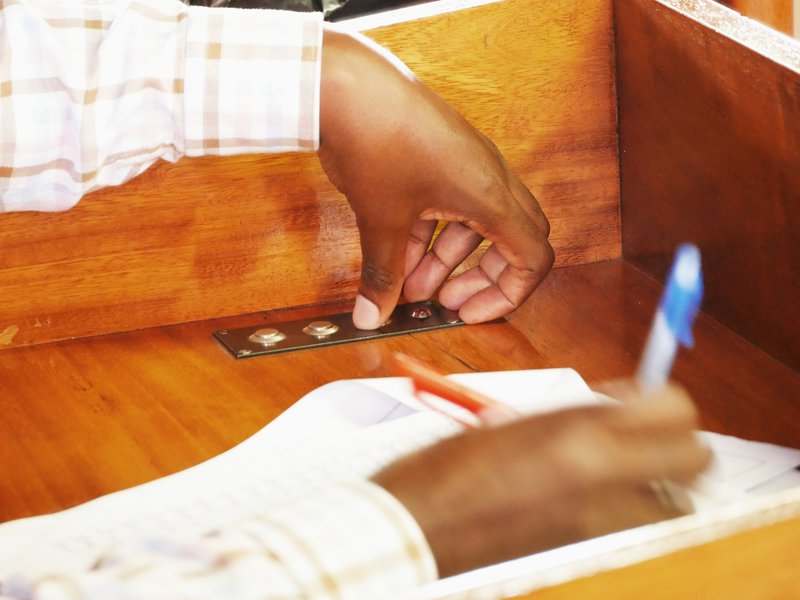
A screen at the end of the room indicates the information of the lot, the price (for 50kg bags) and once a buyer has made the stronger offer, its name clearly appears below the final price.
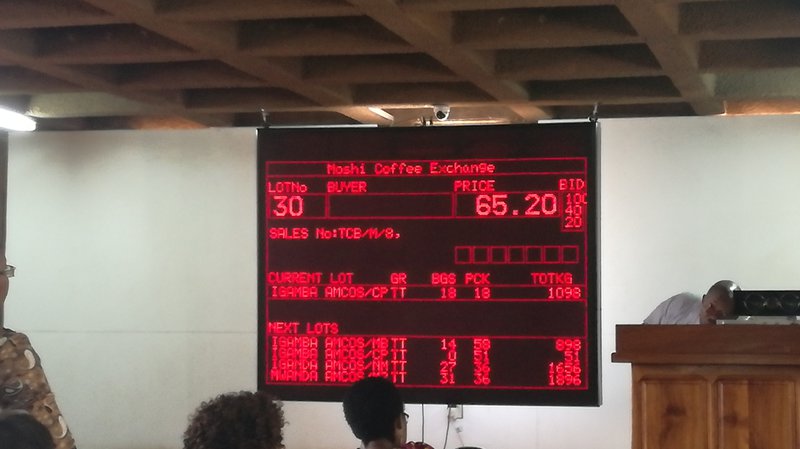
The majority of Coffee on offer is arabica. Robusta and arabica have both their own catalogue and time of bidding. On the catalogue, coffees are listed as followed:
> Information of the origin of the lots on offer : seller name, cooperative, coffee estate
> Lots size: quantity available
> Miller's name
> Grade: AAA, AA, PB, AB, A, B, AF, C, E, F, UG, TT, TEX (for arabica)
The coffees offered at the auction arrive from all the coffee regions in Tanzania. Millers send their samples to the TCB and then to the buyers one week before so that they could taste them.
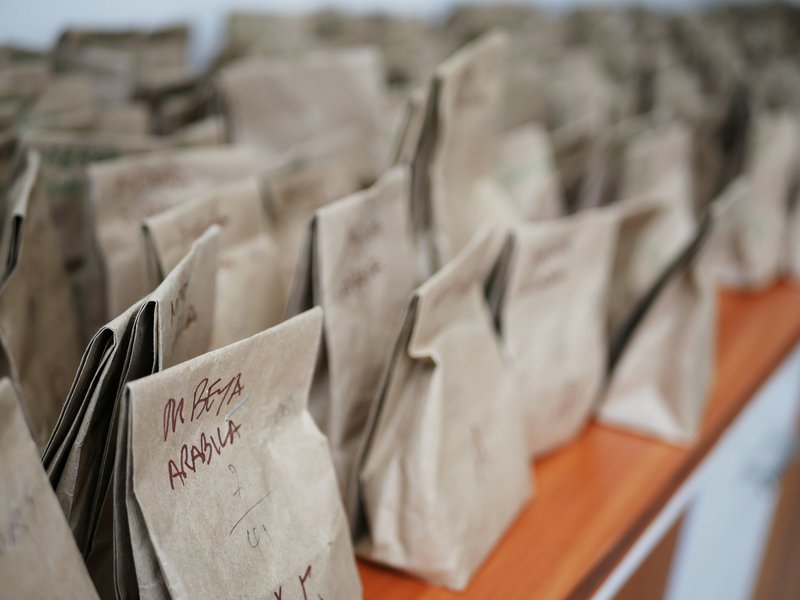
On Auction day those lots successfully bided and won are allocated to their corresponding buyers.
The TCB shall receive the payment for the lots bought within 7 days after the auctions. Afterwards, it will issue a release instruction to the millers where the coffee has been prepared (where the parchment is taken out and the coffee is graded according to its quality).
The buyer, before picking up its coffee for shipment, have the possibility to check the quality. He can compare the sample received prior to the auction and check it against the coffee being stored in the millers. If there is no difference of quality, the buyer takes the coffee to its warehouse for final preparation and shipping for export. So from the day of the auction until shipment, it might takes approximately 10/15 days.
This day, the auctions are briefly interrupted by the venue of the Deputy Minister for Agriculture - Dr Mary Mwandjelwa.
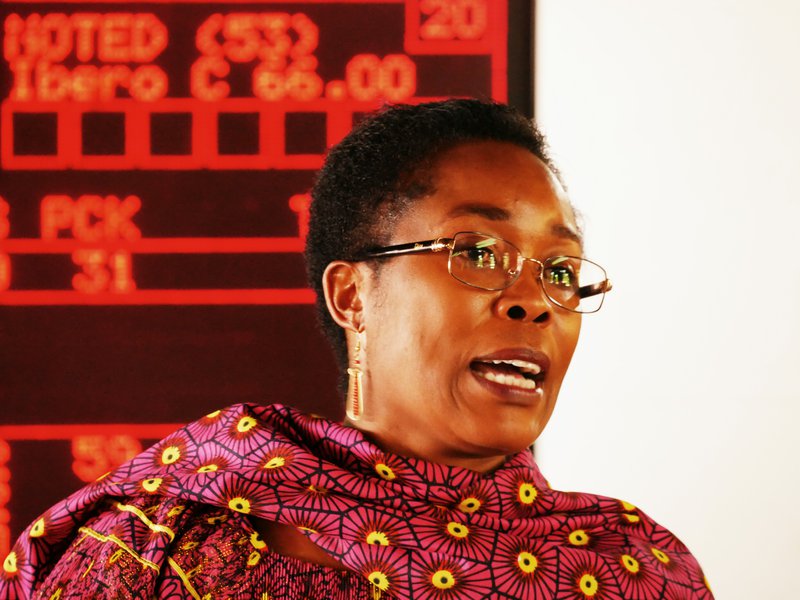
In the public statement she makes this day, she wants to reassure the private sector showing the will of the government to collaborate and support coffee traders that will demonstrate their capacity to find new markets internationally. She points out indeed the gap between the supply and the demand of coffee, resulting to very low incomes for the farmers. (For more information on the concerns of the Tanzanian coffee industry, see our article here)
Which form will take this support and could it be compatible with the direct trade? The discussions are going on and the debate is still open...

 Tanzania
Tanzania Colombia
Colombia Ethiopia
Ethiopia Guatemala
Guatemala Indonesia
Indonesia Kenya
Kenya Mexico
Mexico Philippines
Philippines Uganda
Uganda